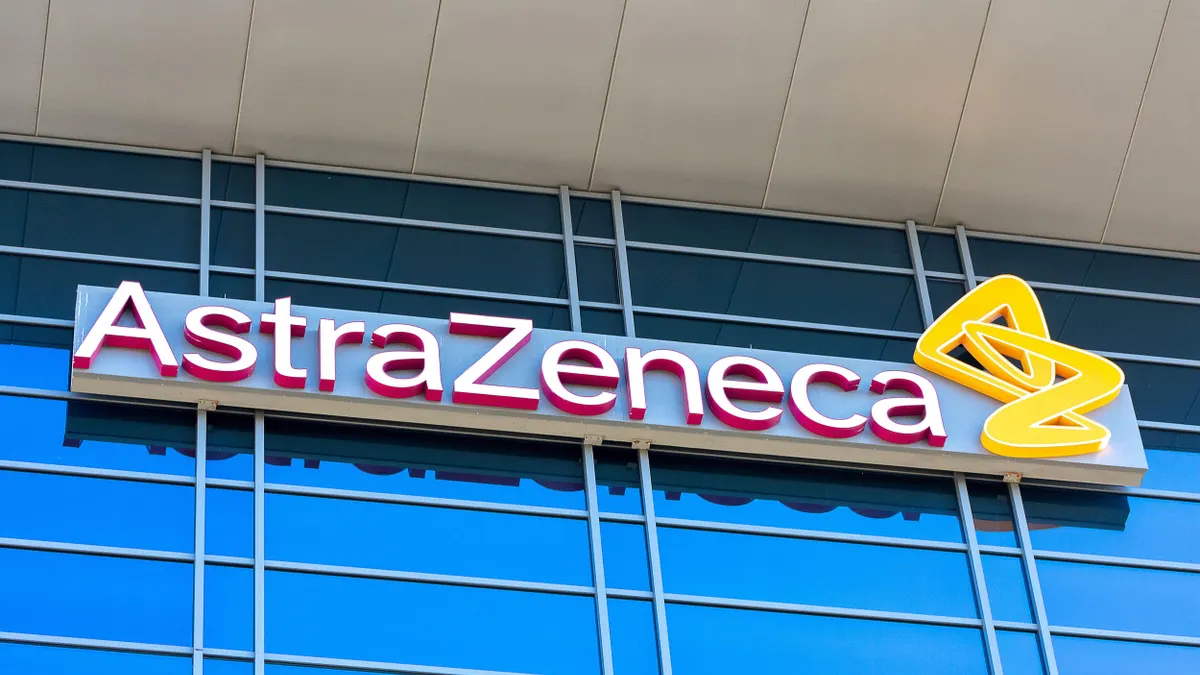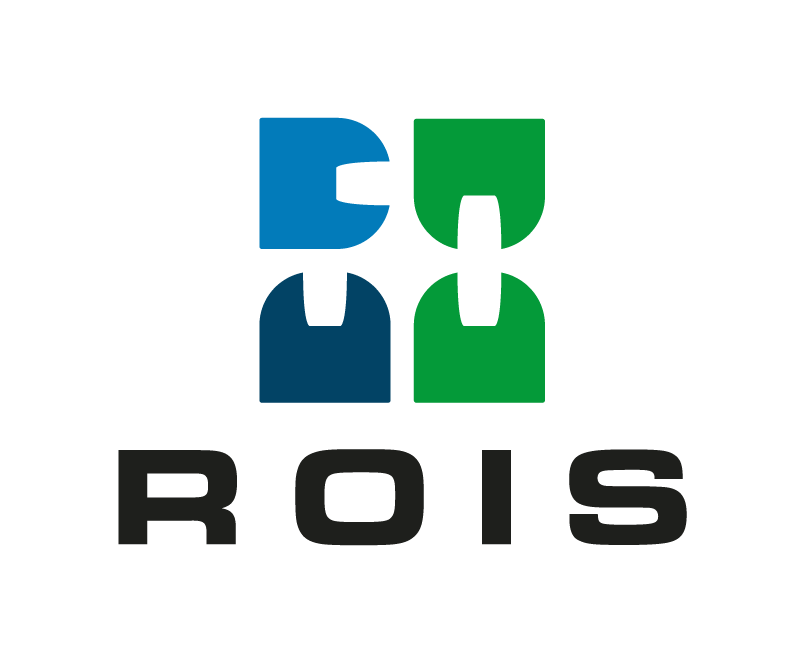An experimental rare disease drug from AstraZeneca failed in two late-stage trials, though the company said Wednesday there were signs of a survival benefit in a prespecified subgroup of patients.
AstraZeneca has been developing the drug, anselamimab, for people with late-stage light chain amyloidosis, a disorder in which proteins made by plasma cells misfold and build up on tissues and organs such as the heart and kidneys.
These toxic amyloid deposits can lead to organ damage and early death, largely due to heart failure. An estimated 74,000 people have worldwide AL amyloidosis, according to AstraZeneca.
Anselamimab is designed to work by binding to amyloid fibrils and thereby reduce or eliminate deposits in the body. In its Phase 3 tests, collectively called CARES, the drug failed to reduce all-cause mortality and cardiovascular hospitalizations among the overall patient population.
But the company said treatment showed “highly clinically meaningful improvement” on the composite endpoint in certain patients, compared to placebo
“The potential to extend survival and reduce cardiovascular hospitalizations would represent a practice-changing advancement for this patient group,” said Ashutosh Wechalekar, a University College London professor and lead principal investigator, in a statement provided by AstraZeneca.
Results from that subgroup of patients will be shared with “global health authorities,” the company said.
The Food and Drug Administration granted an accelerated approval in 2021 to Johnson & Johnson’s Darzalex for use, in combination with three other medicines, treating patients with newly diagnosed AL amyloidosis. Chemotherapy and stem cell transplants can also be used.
AstraZeneca isn’t the only drug developer to hit setbacks in this disease. Prothena said in May it was discontinuing development of its experimental treatment birtamimab after it failed to extend patient survival in a Phase 3 trial. Takeda and GSK stopped work on their respective prospects in 2019.
Wednesday’s news is a blow for AstraZeneca’s rare disease portfolio, which it has expanded since buying Alexion Pharmaceuticals in 2020. That deal gave it access to anselamimab, as it inherited an Alexion option to buy the drug’s original developer Caelum Biosciences.
AstraZeneca has also acquired Amolyt Pharma and, through a deal with Ionis Pharmaceuticals, gained a drug for another amyloid-related disease that won approval in 2023.













